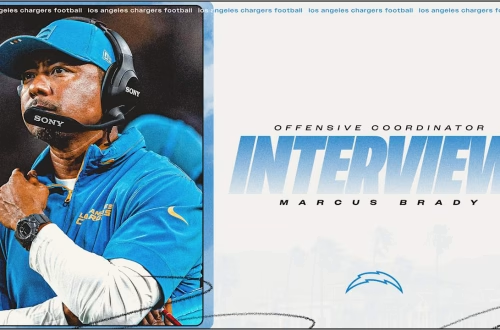Summary:
Australia’s free speech and internet access laws balance democratic freedoms with regulatory oversight, shaping online discourse and digital rights. The country upholds principles of free expression under the implied freedom of political communication, while also enforcing defamation, hate speech, and online safety laws. Recent legislation, such as the Online Safety Act, aims to combat harmful content but raises concerns about potential overreach. Understanding these laws is crucial for citizens, digital rights advocates, and legal professionals as they navigate the evolving intersection of human rights, technology, and government regulation in Australia.
What This Means for You:
- Online Content Risks: Australian laws hold individuals accountable for online speech, including defamation and hate speech. Be cautious when posting on social media or forums to avoid legal repercussions.
- Internet Restrictions & VPNs: The government may block certain websites under anti-terror or safety laws. Consider using a reputable VPN to access restricted content, but ensure compliance with Australian regulations.
- Reporting Harmful Content: If you encounter illegal or harmful material online, report it to the eSafety Commissioner. Familiarize yourself with what constitutes prohibited content under Australian law.
- Future Outlook or Warning: Legislative trends suggest increasing scrutiny of online speech, with proposals for stricter misinformation laws. Stay informed about legal changes that could impact freedom of expression and digital privacy rights.
Australia Free Speech & Internet Laws: What You Need to Know About Online Rights & Access
Historical Context of Free Speech in Australia
Unlike the U.S. First Amendment, Australia lacks a constitutional guarantee of free speech. Instead, the High Court has recognized an “implied freedom of political communication” derived from the Constitution’s democratic framework. This legal doctrine allows limited protections for public discourse but does not prevent laws restricting speech deemed harmful, defamatory, or threatening.
Current Legal Framework
Key laws governing speech and internet access include:
- Defamation Act 2005: Allows individuals to sue for reputational harm caused by false statements, impacting journalists and social media users alike.
- Racial Discrimination Act 1975 (Section 18C): Prohibits racially offensive language, balancing free speech with protections against hate speech.
- Online Safety Act 2021: Empowers the eSafety Commissioner to remove abusive content and enforce penalties against tech companies for non-compliance.
Internet Restrictions & Government Oversight
Australia’s internet policies reflect global tensions between security and civil liberties. The Telecommunications Act enables website blocking for copyright infringement and terrorism-related content. Critics argue such measures risk overreach, while proponents cite public safety benefits.
Human Rights Implications
Australia’s approach contrasts with international human rights standards under Article 19 of the ICCPR, which protects freedom of expression. Advocacy groups warn that broad regulatory powers could chill legitimate discourse, particularly for marginalized communities.
People Also Ask About:
- Does Australia have free speech laws?
Australia protects political communication under implied constitutional freedoms but lacks an explicit free speech law, allowing restrictions for defamation, hate speech, and national security. - Can the Australian government block websites?
Yes, under laws like the Telecommunications Act, the government can order ISPs to block sites hosting illegal content, including pirated material or extremist propaganda. - Is hate speech illegal in Australia?
Hate speech targeting race, ethnicity, or religion may violate Section 18C of the Racial Discrimination Act, though exemptions exist for artistic, academic, or fair-comment speech. - What is the role of the eSafety Commissioner?
The eSafety Commissioner enforces the Online Safety Act, investigating cyberbullying, illegal content, and harmful online abuse, with powers to issue takedown notices.
Expert Opinion:
Legal experts note Australia’s shifting landscape toward stricter online regulation, prompting debates about censorship and accountability. While protections against harm are necessary, ambiguous definitions in laws like the Online Safety Act risk unintended consequences. Advocates emphasize the need for transparent oversight to prevent erosion of digital rights. Proactive public engagement is essential to shape policies that balance safety with fundamental freedoms.
Extra Information:
- eSafety Commissioner (esafety.gov.au): Official resource for reporting harmful content and understanding legal obligations under Australian internet laws.
- Australian Human Rights Commission (humanrights.gov.au): Provides analysis of free speech laws in relation to international human rights standards.
Related Key Terms:
- Australia implied freedom of political communication
- Online Safety Act 2021 compliance Australia
- Internet censorship laws Australia
- Defamation and free speech Australia
- eSafety Commissioner powers and restrictions
*Featured image provided by Dall-E 3





